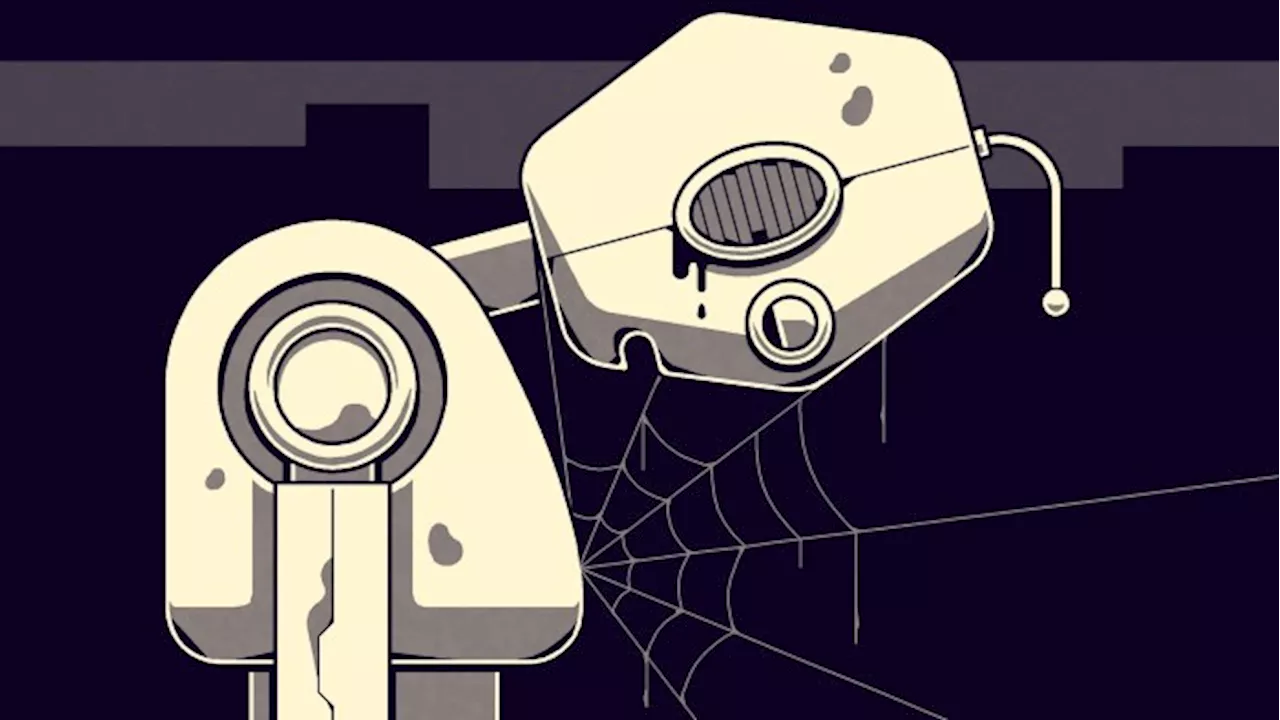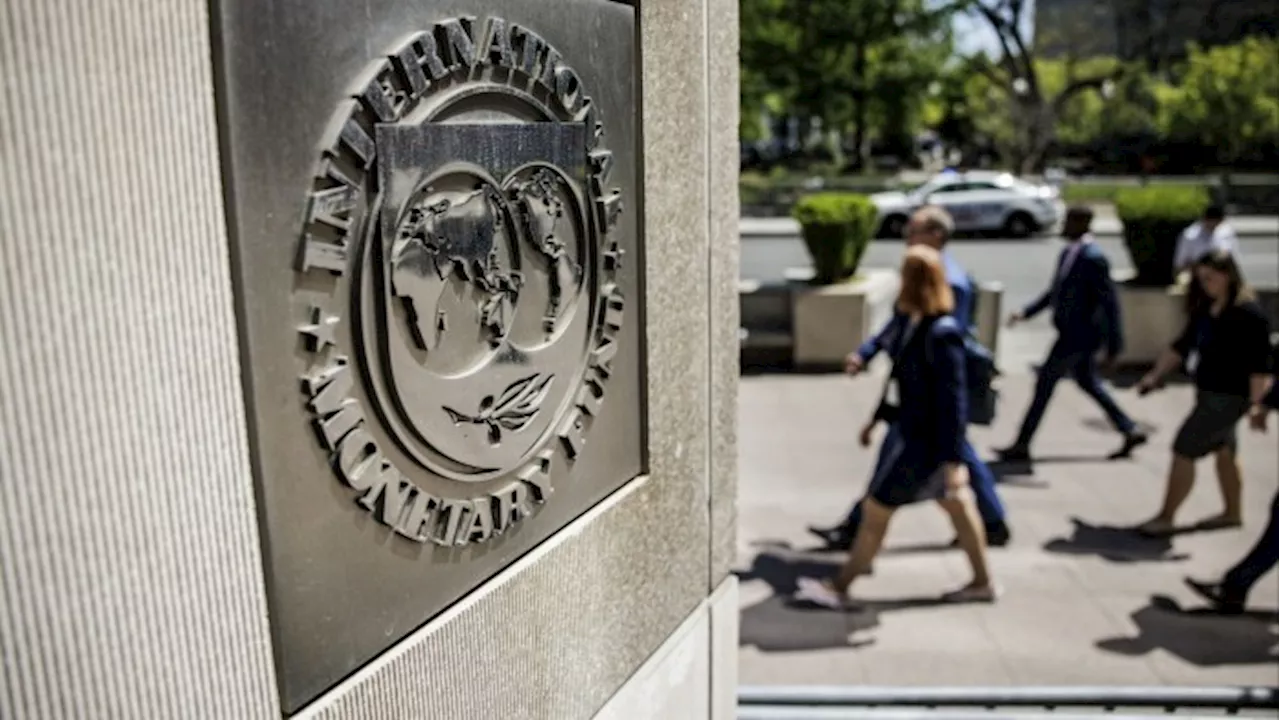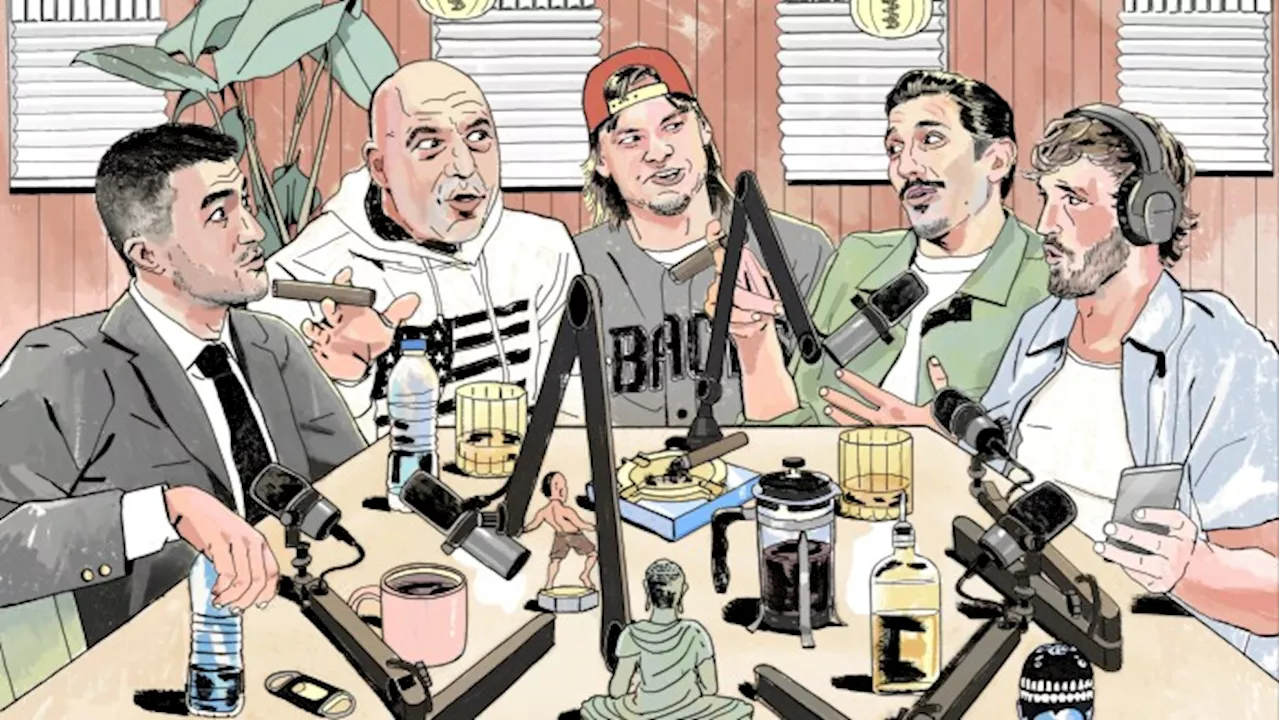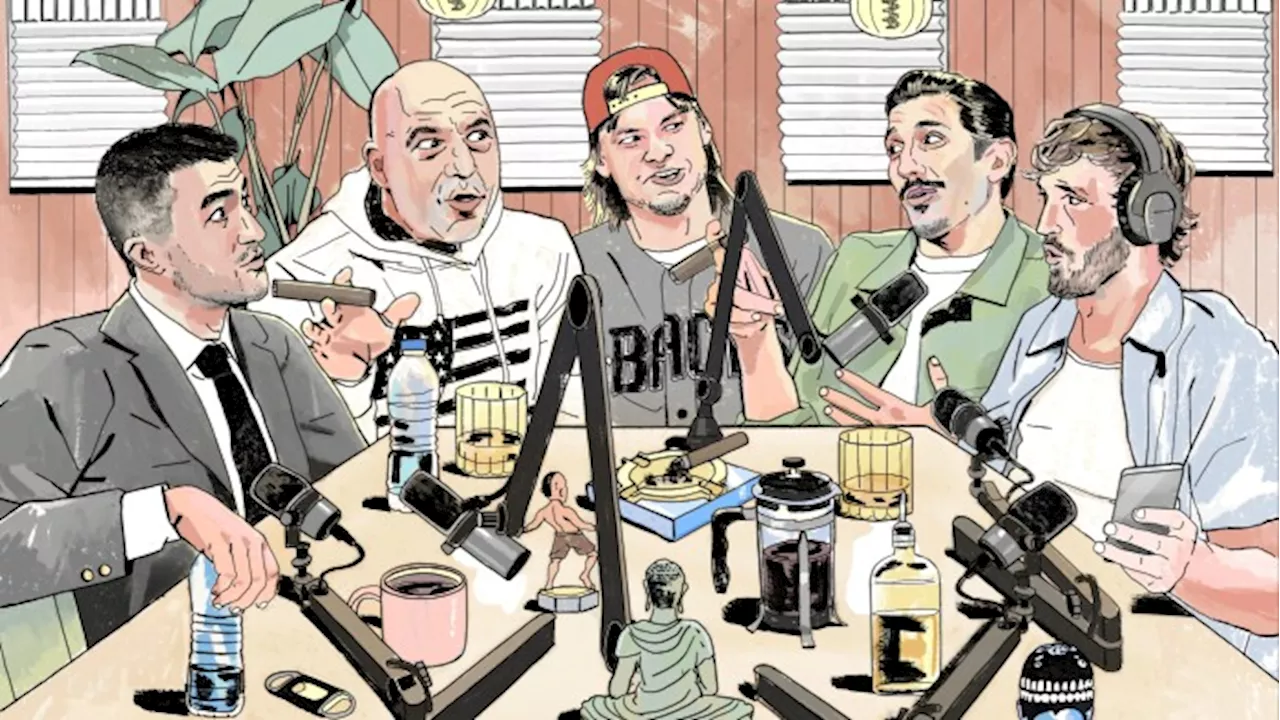The 'manosphere,' a group of online influencers and comedians led by Joe Rogan, has emerged as a powerful force in American media, influencing young men and even shaping political discourse. This article explores how this shift is occurring, analyzing the growing popularity of podcasts and YouTube as alternative news sources, and the impact this has on traditional media.
When Donald Trump won back the White House in November, his team credited a series of people as they revelled in victory speeches. Taking the stage alongside Trump, UFC chief executive Dana White shouted to a cheering crowd: “I want to thank the Nelk Boys, Adin Ross, Theo Von, Bussin’ with the Boys and, last but not least, the mighty and powerful Joe Rogan !”. Some Americans — probably a lot of them — had never heard these names before. For others, they were celebrities and household fixtures.
In campaigning to be president again, Trump skipped CBS’s 60 Minutes, breaking several decades of precedent. Instead he spent, by my count, about 17 hours — or about 1,000 minutes — chatting with a cluster of podcasters who have become new media stars. This group, a constellation of online influencers and comedians who orbit around superstar Rogan, have been dubbed a “manosphere” for their grip on young American men. Rogan, Von and at least one member of the Nelk Boys descended on Washington this week for Trump’s inauguration festivities. Inside the US Capitol rotunda, Rogan sat alongside tech billionaires and former US presidents Barack Obama and George W Bush to watch Trump take the oath of office. As Trump spoke, influencers Jake and Logan Paul “pranked” Von, causing him to tumble out of his chair. That evening, at the “Starlight Ball”, the podcast brigade mingled among crypto entrepreneurs, donors and celebrities including X chief executive Linda Yaccarino, Megyn Kelly and Caitlyn Jenner. Jake Paul held a swaying Mike Tyson on his shoulders. Their attendance seemed to solidify the entrance of the “manosphere’’ to the upper echelon of American political power — and a seismic revolution in the media. Media upheavals usually sprout from a new format or technology. But podcasts and YouTube have been around since the early 2000s. Instead, we’re experiencing radical changes via the underbelly of an internet that serves increasingly niche interests, allowing people to fine-tune their media diets and sources of information. The result is “a radical reordering of trust and credibility in media”, says Gabriel Kahn, a media professor at the University of Southern California. “It’s like shards of glass from what was once — the academic term would be — a public, shattered into a million publics. Organised by interest group or allegiance”. There is a huge, and growing, media world that is hidden from sight for mainstream audiences. Today’s podcast stars are both very famous — filling up Madison Square Garden, for example — yet also unknown to large portions of Americans. My parents, who are in their seventies and still keep “the news” humming on their TV set all day, have never heard of them. For younger generations, YouTube has supplanted cable television. Media observers have been talking about this fragmentation for many years. But during the recent US election, the trend seemed to explode in plain sight, as exemplified by the influx of podcast bros inside the marbled halls of Washington this week. The reordering raises an existential question for the giant conglomerates that have dominated the US media for the past century: where will the dust settle? And what will be the role of traditional media in 10 years’ time? Unlike Hollywood actors or journalists, who exist studiously out of reach, these new stars are defined by how available they are. They’re in your ear while you’re doing the dishes or driving to work; they’re on the TV in the background while you work or eat dinner. Every week there’s another hour — or two or three — of content. They respond to your comments. They’ll even read them on air. They speak informally, crudely. Some of them have been banned from various platforms for use of hate slurs or other controversies. “They feel like that guy whose house you walked by on your way to high school, who was fixing his car in the driveway and on the way to school he might throw a beer can at you, and on the way home he’ll invite you into his house for your first bong load”, says Scott Galloway, who hosts Pivot, a business and technology podcast, with Kara Swisher. “These guys feel relatable. And they’ve just tapped into an enormous group.” Stylistically, the “manosphere” is in many ways the opposite of what traditional media are taught to do. As journalists, we’re asked to be brief and punchy. Television news is a slick and expansive production: anchors are dusted in make-up, seated in elaborate sets, speaking formally and deliberately. Legendary news veteran Brian Williams recently slammed the tone of network newscasts as “cliched old phrases from another time in American life”. These new shows, in contrast, consist largely of meandering chat. A livestream on Twitch can run for eight hours or more. The hosts are not journalists, nor do they want to b
PODCASTS YOUTUBE SOCIAL MEDIA 'MANOSPHERE' JOE ROGAN DONALD TRUMP AMERICAN POLITICS MEDIA FRAGMENTATION TRADITIONAL MEDIA
United Kingdom Latest News, United Kingdom Headlines
Similar News:You can also read news stories similar to this one that we have collected from other news sources.
 The Rise and Fall (and Rise Again?) of Humanoid RobotsThis article explores the history of humanoid robots, focusing on the failed attempt of Pepper, a robot developed in 2014. Despite initial hype and investments, Pepper's production was halted in 2021. However, recent advancements in artificial intelligence have reignited enthusiasm for robotics, leading to a new wave of investment and development.
The Rise and Fall (and Rise Again?) of Humanoid RobotsThis article explores the history of humanoid robots, focusing on the failed attempt of Pepper, a robot developed in 2014. Despite initial hype and investments, Pepper's production was halted in 2021. However, recent advancements in artificial intelligence have reignited enthusiasm for robotics, leading to a new wave of investment and development.
Read more »
 Where the next financial crisis could emergeAs the IMF has warned, the rise and rise of private credit brings systemic risks
Where the next financial crisis could emergeAs the IMF has warned, the rise and rise of private credit brings systemic risks
Read more »
 The Podcasting Revolution: How Joe Rogan and Co. are Reshaping American MediaThis article explores the rise of podcasting and its influence on American media, focusing on the role of Joe Rogan and his network of online influencers in shifting power dynamics and challenging traditional media institutions. From Trump's campaign to the halls of Washington, the 'manosphere' is making its presence known, raising questions about the future of news and information.
The Podcasting Revolution: How Joe Rogan and Co. are Reshaping American MediaThis article explores the rise of podcasting and its influence on American media, focusing on the role of Joe Rogan and his network of online influencers in shifting power dynamics and challenging traditional media institutions. From Trump's campaign to the halls of Washington, the 'manosphere' is making its presence known, raising questions about the future of news and information.
Read more »
 Group of drivers told they face 'big hit' £1,807 tax rise in weeksExperts at Go.Compare have dug into the figures and say some are facing substantial rises when new rates come in
Group of drivers told they face 'big hit' £1,807 tax rise in weeksExperts at Go.Compare have dug into the figures and say some are facing substantial rises when new rates come in
Read more »
 Pensioners to Receive Pay Rise in AprilState pension and Pension Credit increases will deliver pay rises for millions of pensioners in April next year.
Pensioners to Receive Pay Rise in AprilState pension and Pension Credit increases will deliver pay rises for millions of pensioners in April next year.
Read more »
 Nottinghamshire Pubs Face Closure Crisis as Costs Rise and Patrons Cut BackSeveral Nottinghamshire pubs have shut down in recent years, with more closures expected in 2024. Factors like rising operating costs, competition from supermarkets, and a shift towards smaller micropubs are cited as reasons for the decline.
Nottinghamshire Pubs Face Closure Crisis as Costs Rise and Patrons Cut BackSeveral Nottinghamshire pubs have shut down in recent years, with more closures expected in 2024. Factors like rising operating costs, competition from supermarkets, and a shift towards smaller micropubs are cited as reasons for the decline.
Read more »
